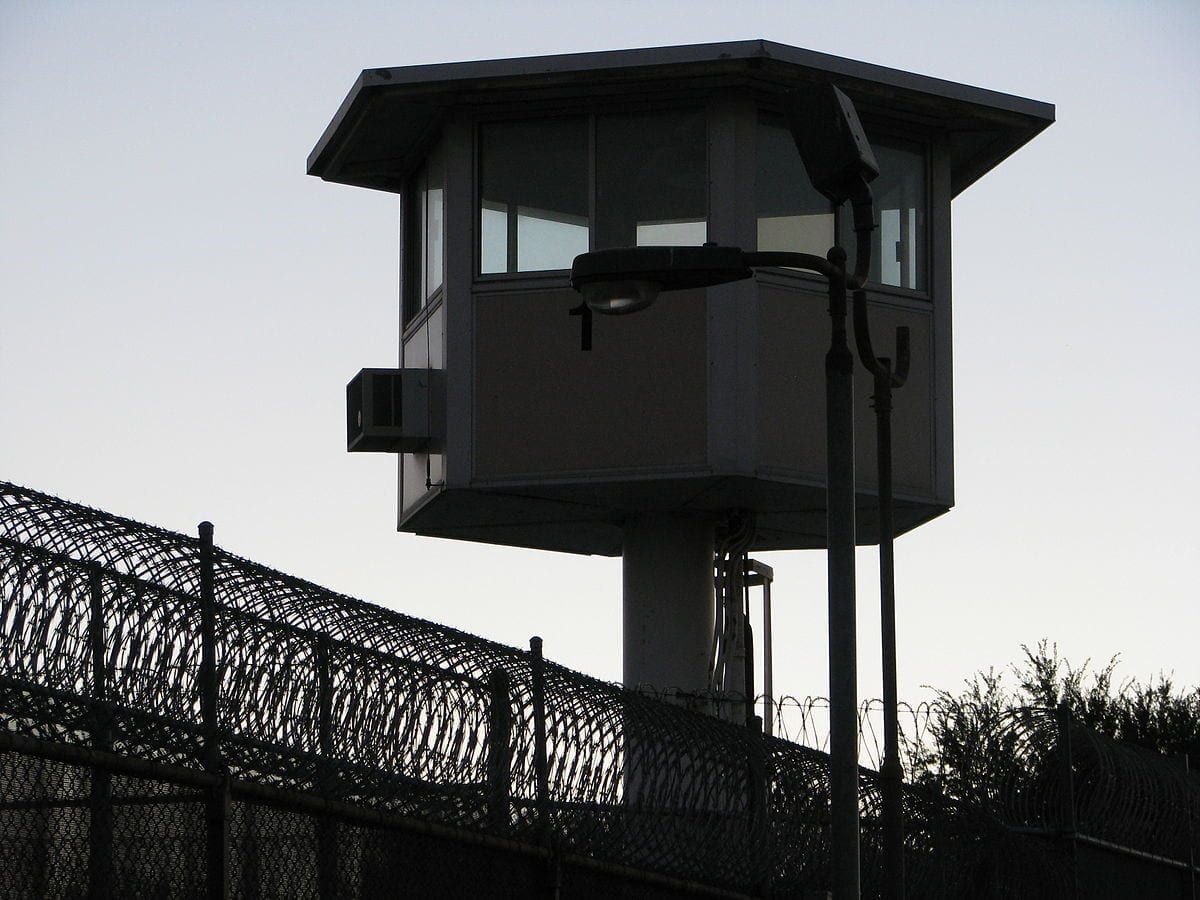Attorneys for several of the families involved in the claim say that the issue of organ theft has been so alarming for such a long time that former UAB medical students had signed a petition questioning the practice of harvesting inmates’ organs without obtaining consent from the next-of-kin.
Five families are taking legal action against the University of Alabama at Birmingham Medical Center and the state Department of Corrections, claiming that medical staff have repeatedly stolen inmates’ organs after conducting autopsies.
According to AL.com, the families filed separate lawsuits in state court last week.
Each of the plaintiffs had a relative who was serving time at either Limestone Correctional Facility or The Hamilton Aged and Informed Center when they passed away, all within the past several years. Upon their deaths, the inmates’ bodies were sent to the University of Alabama at Birmingham Medical Center for examination—only after which their remains were released to next-of-kin.
In many of these cases, families only realized that something was wrong when they received calls from their funeral home directors—calls stating that their loved ones’ bodies appeared to be missing vital organs.
One of the inmates’ bodies, writes AL.com, was transferred directly to a pathologist for a private autopsy. The pathologist, too, made the same observation.
Now, each of the lawsuits alleges that UAB staff extracted, collected, and preserved inmates’ organs without first obtaining consent from their families.
In a statement, a spokesperson for the University of Alabama at Birmingham said that its medical center is “in compliance with laws governing autopsies.”
“Our protocols require documented consent under law, which includes consent for disposition of organs removed within the clinical standard necessary to determine a cause of death,” the spokesperson said. “UAB only conducts autopsies for incarcerated individuals after the [Alabama Department of Corrections] certifies that the autopsy has been properly authorized by an appropriate legal representative of the deceased.”
“A panel of medical ethicists reviewed and endorsed our protocols regarding autopsies for incarcerated persons,” the university added.
However, attorneys for the families have since suggested that UAB provided inmates’ families with misleading or factually incorrect information about what hospitals are legally permitted to do with organs and cadavers.

The daughter of Charles Singleton, for instance—who died at Hamilton Aged and Informed in 2021—claims that a Pell City funeral home director called to tell her that Singleton’s brain and other organs were missing. But, when she called the University of Alabama, she was told “that such organ removal was standard practice and suggested it was legally permissible.”
The family of Anthony Perez Brackins, similarly, alleges that UAB said it was “‘standard practice’” to retain organs at the conclusion of an autopsy.” In response to a request to return Perez Brackin’s organs for burial, the hospital said that it was “too late now.”
CNN notes that UAB’s inmate-specific autopsy practices have been criticized by the hospital’s own staff—as well as medical students, who in 2018 submitted a written complain to “express our concern regarding the consent process for use of organs from incarcerated individuals in our preclinical education.”
“Our concern is not with the practice of autopsy,” the students wrote, “but with the process of consent for the retention and use of tissue samples.”
“Wardens can limit the autopsy to a strict determination of cause of death, with no tissues retained for research or education. However, by the Division of Autopsy director’s assessment, wardens always sign ‘no limitations’ on the form that initiates the request for autopsy,” the students observed. “If our understanding is correct, neither the patient, nor their family, has consented to or been directly informed of the retention of tissues for teaching, education, or research.”
Lauren Faraino, an attorney representing families in five claims against UAB and the Department of Corrections, says that observations made by former medical students—and others—are “concrete evidence that [UAB] students are using some of these organs for training in medical school.”
Several students went so far as to speak to CNN on condition of anonymity, emphasizing that they “felt ashamed” of being forced to work with the organs of unwilling donors.
“It has continued to follow me for all these years, wondering if I should or could have done more,” another student said.
Faraino said that, while it makes sense that the University of Alabama would want its medical students to have practical, hands-on experience with cadavers, the school is still bound by law and cannot make a unilateral decision to retain inmates’ organs.
“We can all agree that we want doctors who are trained and who have access to these organs to perfect their craft,” she said. “What we don’t want is for doctors and pathologists to be mining bodies without family permission.”
Sources
Alabama prisoners’ bodies returned to families with hearts, other organs missing, lawsuit claims
UAB stealing dead Alabama prison inmates’ organs after autopsies, families claim in lawsuit


Join the conversation!